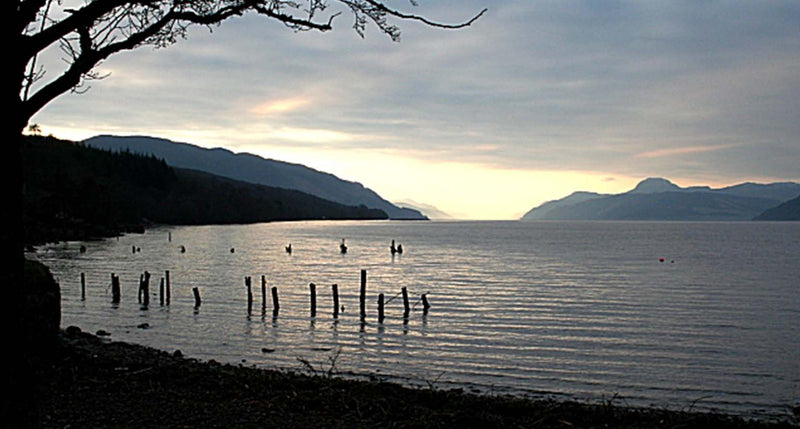There are several possible Gaelic origins for this name but the most likely is bheathain which means lively one. This could also have been renderd as Mac ic Bheatha which means MacBeth, a name which was very important in early Scottish history. When King Malcolm II of Scotland removed the MacBeth line from the Scottish […]
Tag Archives: MacBain Clan History
There are several possible Gaelic origins for this name but the most likely is bheathain which means lively one. This could also have been renderd as Mac ic Bheatha which means MacBeth, a name which was very important in early Scottish history. When King Malcolm II of Scotland removed the MacBeth line from the Scottish throne, his power was constantly challenged by the powerful Scottish noble families of Moray. Various members of the family sought shelter in other parts of the kingdom. According to tradition the MacBains sought out his kin among descendents of Gillichatten Mor more commonly known as the Chattan Confederation.
The earliest certain record of the name in its more modern form appeared in an old Kinrara manuscript of the mid 14th century, which names both Bean Macmilmhor and his son, Milmor MacBean.
In the 14th century during the Wars of Scottish Independence the Clan MacBain supported King Robert the Bruce. The MacBains are credited with killing the steward of John the Red Comyn, who was Bruce’s rival to the throne. John the Red Comyn was the Chief of Clan Cumming/Comyn, he was stabbed to death by Robert the Bruce himself at Greyfriars Church in Dumfries in 1306.
At a time of peace between the Clan MacKenzie and Clan Munro a fight broke out at a fair in logiebride which almost put the whole of Ross-shire into combustion. The fight began between John Macgillichallum (brother to the Laird of Raasay) and Alexander Bane (brother to Duncan Bane of Tulloch). The Munros took the side of Alexander Bane and the MacKenzies took the side of John Macgillichallum. John Macgllicham was killed along with John Mac-Murdo Mac-William and three others from the Clan MacKenzie. Alexander Bane escaped but three on his side were also killed; John Munro of Culcraggie, his brother Hutcheon Munro and John Munro Robertson. The Clans MacKenzie and Munro then began assisting each side in preparing to invade each other. However nothing ever came of it and peace was resumed.
Paul MacBean the 12th chief of the clan was in huge debt and was forced to relenquish his lands in 1685. The loss of the lands at Kinchyle must have been sorely felt however the present chief has done much to retrieve some of the Clan MacBain clan lands and establish a MacBain memorial park on the slopes of Loch Ness.
The Clan MacBain supported the Jacobite Uprisings of 1715. Many of the MacBains were captured and transported to the plantations in Virginia, Maryland and South Carolina after the Stuart defeat.
The Clan MacBain also took the side of the Jacobites during Uprisings of 1745 to 1746 where many of them fought at the Battle of Culloden. during the battle Gillies MacBean, a man said to be at least 6ft 4ins tall, with his back to a wall cut down 13 to 14 of his enemy until he was mortally wounded. It is said that a government officer made an attempt to call back his men to save him but MacBean was already dead. It was a MacBain who assisted the Chief of Clan Cameron of Lochiel who was injured and unable to walk, to escape to safety. However the Clan MacMillan also claim to have carried Lochiel off the field at Culloden. After Culloden the chief struggled to keep the remaining clan lands together and they were finally sold in 1760.
It was a MacBain who commanded the Gordon Highlanders regiment against the Boers of South Africa in 1881.
The present chiefly line descends from the younger son of Paul MacBean, the 12th chief during the 17th century, the elder line having ended in a daughter, Elizabeth Margaret Macbean, who married Dougald Stuart around 1790, but died without issue. The present chief has continued the work of his father, who retrieved some of the clan lands and established the Macbain memorial park on the slopes above Loch Ness.

